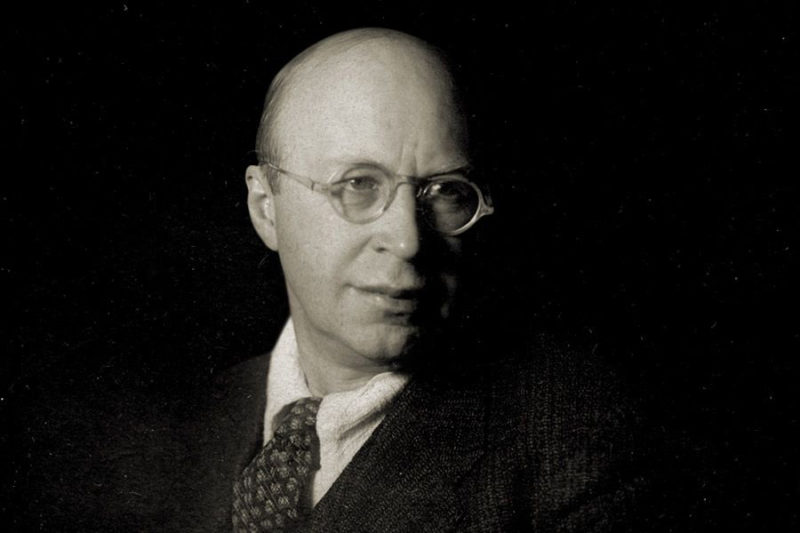On Friday 4 October, Dmitrij Kitajenko is scheduled to conduct the Qatar Philharmonic at the Opera House in Doha. The program foresees the 7th Symphony by Sergei Prokofiev.
As Svjatoslav Prokofiev, Prokofiev’s first son (from his first marriage with Lina Llubera) said in an interview: “Father never spoke about his attitude towards what was happening (in the Soviet Union). He observed but did not comment. The same about the content of his work. In my view, his music was self-explanatory. Listen to the Sixth Symphony written in 1947. The heart aches…”
The Soviets understood what the music meant and condemned the work. Prokofiev lost not only his reputation but also his state pension. In 1952, one year before his death, he had reached real poverty. Then he started working on a 7th symphony in hopes of winning the financially attractive Stalin Prize. Therefore he re-defined his style. His second wife, Mira Mendelssohn revealed that “Prokofiev had a strong desire for a simple, clear musical language, one he had been thinking about for a long time.”
This ‘new simplicity’ characterizes a number of Prokofiev’s late compositions, among them his last Symphony No. 7. The work is dominantly melancholic and nostalgic, despite some cheerfulness. Originally, it ended on sad notes, but Prokofiev was convinced by Samuil Abramovich Samosud, who conducted the premiere, to write a more joyous coda. Today, some scores comprise this revised ending, but it is clear that Prokofiev preferred the original quiet ending. According to Mstislav Rostropovich he told the cellist: “….Slava, you will live much longer than I, and you must take care that this new ending never exists after me.”
For Dmitrij Kitajenko it is obvious that the symphony has to end as the composer wrote it in the first version. The conductor says: “The second ending is in a complete conflict with the rest of the symphony. It must end quietly”.
The second part of the concert with the Qatar Philharmonic includes music composed by Aram Khachaturian, with two concert suites drawn from Masquerade, written in 1941 as incidental music for a production of the play of the same name by Russian poet Mikhail Lermontov, and from Spartacus, a ballet music composed in 1954. The work follows the exploits of Spartacus, the leader of the slave uprising against the Romans known as the Third Servile War, although the ballet’s plot takes substantial liberties with the historical veracity.

